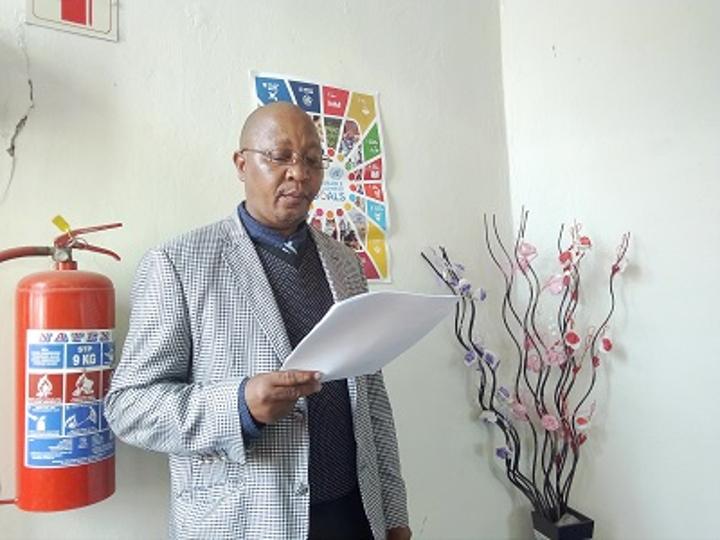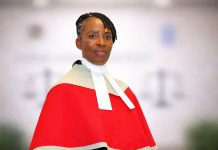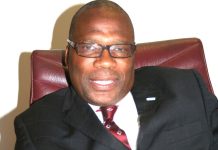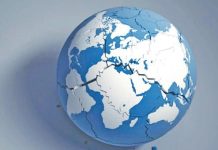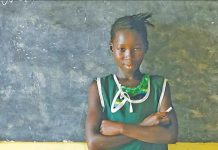Africa-Press – Lesotho. The Lesotho National Commission for United Nations Education, Scientific and Cultural Organisation (UNESCO) commemorated this year’s edition of the Global Media and Information Literacy (MIL) yesterday.
The event was celebrated in the form of engagements with media practitioners, media scholars, information interests groups, civil organisations and the Ministry of
Communication, Science and Technology. Speaking at the event, the Lesotho Commission for UNESCO Secretary General (SG) Teboho Tsilane said that the world was faced with disinformation challenges during the
COVID-19 pandemic. “The world at large has recognised the dire negative consequences of misinformation to the public. The threat of disinformation is evident in everyday life and has been recognised as a threat by countries and
international development community. Disinformation feeds socio-political polarization, providing grounds for racist and anti-migrant division, “Us against Them” further complicates global response to crises like
COVID-19,” Tsilane said. He added that disinformation poses “risks” to public health and threatens the attainment of Sustainable Development Goals (SDGs).
He pointed out that the MIL could counter disinformation. “It is a vital competence if people are to differentiate between information and disinformation and to know how and where
they can locate trustworthy sources of facts and informed opinion and why it is crucial not to circulate unverified content,” he argued. The Institute of
Extra Mural Studies (IEMS) Media Lecturer Pheko Mathibeli said there are many problems in government concerning the “understanding”, making an anecdotal over
the usage of Code of Arms. On one hand, he posited that the horses are thin and in other instances the horses are fat. “We don’t own good publications, they
are owned by foreigners,” he said. Mathibeli also lambasted the local radio programs saying some ought not to exist. The media lecturer further highlighted that the State Library does not house most local
content. “What we do should reflect us,” he charged. He referred to institutional impediments, adding that there are resource scarcity. The Director at
State Library and Archives Motlalepula Lethibelane said they work with new and old information to preserve history and heritage. Lethibelane said the public
library should house information from different countries for better appreciation of the world. He mentioned the types of libraries from school libraries, national library, and special library and advised that they should
all function independently. The Director said there ought to be a law which will force every Mosotho writer to supply their content to the library to keep that information under records.
He said the bill is at an advanced stage and said once passed, it will ease on their work. Lethibelane said it poses a challenge to find Lesotho information in the library due to
absence of law. He said the national bibliography ought to be published annually to publish the books that Basotho have produced at that year so that they should be easily accessed even by
people beyond the borders of the country. The State Library and Archives Director also applauded the National University of Lesotho (NUL) Diploma programme on Library Studies, saying if the profession does not have well
trained personnel that possess a challenge. He said in 2012 the State Library embarked on a virtual journey of digitization of library material. Lethibela said as per Archives Act 1967 every legal documentation
custody and control is kept in the State Library and Archives. He said in some cases such documents are thrown away, adding that there is “lack of appreciation of archive management”.
He said the Registries in the government’s departments “do not know where to take produced documents “. Lethibelane said they are important for administration and as
evidence in the courts. He said there is a need to build an “institutional memory”. The Global Media and Information Literacy was initiated by UNESCO and its partners in 2012.
If you would like to subscribe for informative newspaper FREE WhatsApp Edition, please follow this link to join. The admin will then remove you from the welcome group so you start receiving the paper weekly: https://chat. whatsapp. com/loL8tStNSB186kQeMrb3Cg
For More News And Analysis About Lesotho Follow Africa-Press

